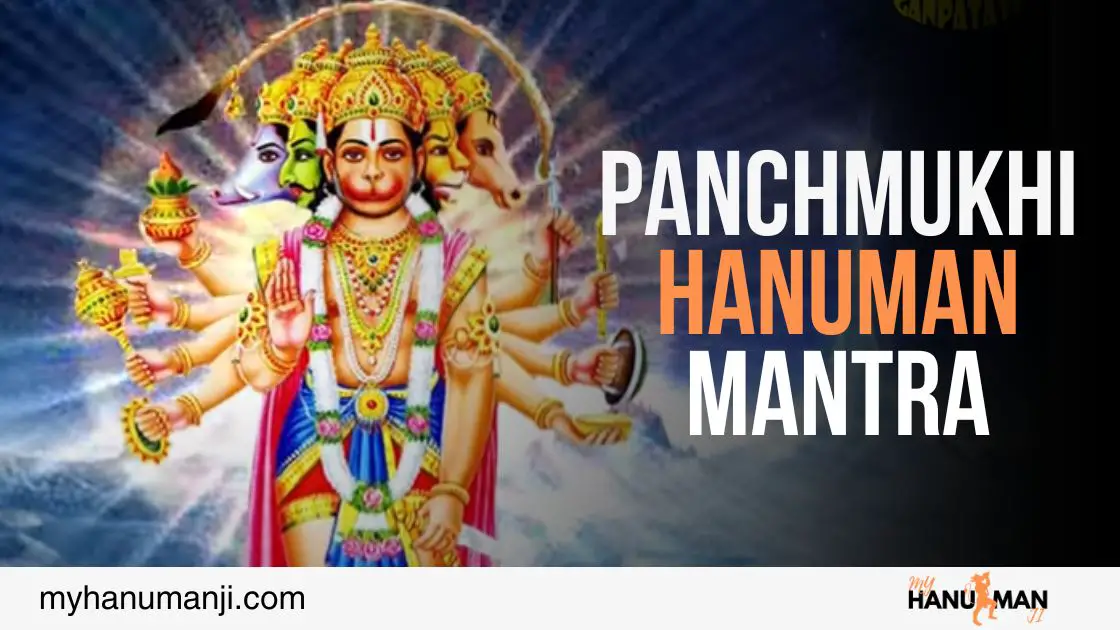The Ramayana, one of the most revered Hindu epics, tells the story of Lord Rama’s journey to rescue his wife, Sita, from the clutches of the demon king Ravana. Throughout this epic tale, Lord Rama’s loyal brother, Laxman, plays a crucial role as a trusted companion and warrior. But we know that Laxman had a tragic ending. So, How was Laxman killed? However, in a tragic turn of events, Laxman meets his untimely demise. In this article, we will explore the circumstances surrounding Laxman’s death and the significance it holds within the Ramayana.
Laxman – The Devoted Brother
Laxman, also known as Lakshmana, was not only Lord Rama’s younger brother but also his most trusted ally. Laxman’s unwavering devotion, loyalty, and selflessness were evident throughout the Ramayana. He accompanied Lord Rama during his exile, fought valiantly in battles, and stood by his side through thick and thin.
The Battle with Indrajit
Laxman’s tragic end came during the battle with Indrajit, the son of Ravana. Indrajit, a skilled warrior and master of illusion, was determined to defeat Lord Rama and his allies. In a fierce encounter, Indrajit launched a powerful weapon called the Nagapasha, a deadly noose made of serpents, towards Laxman.
Laxman’s Protection
Aware of the impending danger, Lord Hanuman, the devoted disciple of Lord Rama, swiftly acted to protect Laxman. Hanuman, with his immense strength and agility, intercepted the Nagapasha before it could reach Laxman. Hanuman’s intervention saved Laxman from immediate harm, but the consequences of the battle were far from over.
The Powerful Arrow
Indrajit, not one to be deterred, unleashed a powerful arrow imbued with dark magic. This arrow, known as the Brahmastra, was infused with a lethal poison that could not be countered by any mortal means. As the arrow approached, Laxman’s fate seemed sealed.
Laxman’s Sacrifice
In a selfless act of love and devotion, Laxman made a crucial decision. He recognized that the Brahmastra’s poison was too potent to be neutralized, and its impact would be catastrophic if it reached Lord Rama or any other ally. With a heavy heart, Laxman chose to sacrifice himself for the greater good.
The Aftermath
As the Brahmastra struck Laxman, he fell unconscious, appearing lifeless. The impact of Laxman’s sacrifice reverberated through the battlefield, leaving Lord Rama and the entire army grief-stricken. However, Laxman’s sacrifice had a profound effect on the outcome of the battle.
Laxman’s Revival
Recognizing the gravity of the situation, Lord Hanuman embarked on a mission to find the Sanjivani herb, a mythical plant with the power to restore life. Hanuman’s unwavering determination led him to the Himalayas, where he obtained the Sanjivani herb and brought it back to the battlefield.
The Return of Laxman
With the application of the Sanjivani herb, Laxman was revived, much to the relief and joy of Lord Rama and the entire army. Laxman’s resurrection infused renewed vigor and determination into the forces fighting against Ravana. His return became a turning point in the battle against evil.
The Significance of Laxman’s Sacrifice
It is more important to know the significance of this death than how was Laxman killed? Laxman’s sacrifice holds immense significance within the Ramayana. It exemplifies the virtues of selflessness, devotion, and the willingness to make the ultimate sacrifice for the greater good. Laxman’s choice to protect Lord Rama and his allies, even at the cost of his own life, showcases the depth of his love and loyalty.
Conclusion
Laxman’s death in the Ramayana is a poignant moment that highlights the sacrifices made by the characters in this epic tale. His selfless act of sacrificing himself to protect Lord Rama and the army from the deadly Brahmastra showcases the extent of his devotion and love. Laxman’s revival through the Sanjivani herb further emphasizes the triumph of good over evil and the power of unwavering determination. The story of Laxman’s sacrifice serves as a reminder of the values of loyalty, selflessness, and the willingness to make sacrifices for the greater good.




